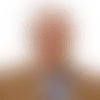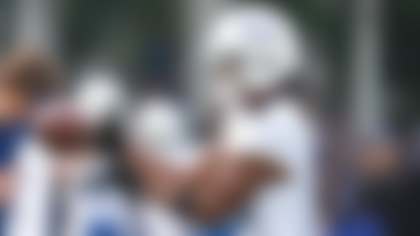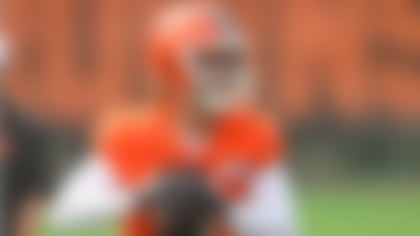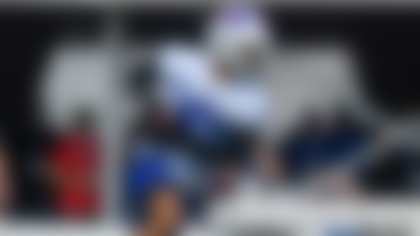The first time I had heard of Thurman Thomas was in the fall of 1983, when he was a running back at Willowridge High School in Sugar Land, Texas. After the college season was over, a lot of college coaches used to come by the Cowboys offices during their recruiting travels and talk about the players they were visiting. They described Thomas to us as a kid who was not quite as good as the likes of Billy Sims, Earl Campbell or Eric Dickerson - but just a notch below.
In other words, he was a hot commodity. Eventually, Thomas had narrowed his college choices to Oklahoma State and the University of Texas. Future NFL head coach Butch Davis was the Oklahoma State assistant who was recruiting Thomas - and he got a big assist when the Texas coaches told Thomas he would be able to start as a freshman… if he played defensive back.
A running back with that kind of talent doesn't want to hear anything about playing defense.
So Thomas chose Oklahoma State - and he did start as a freshman at his chosen position. In fact, he was a four-year starter for the Cowboys and still holds Oklahoma State's career records for rushing yards (4,595) and touchdowns (43). Don't forget - in 1988, fellow Hall of Fame running back Barry Sanders had one of the greatest single seasons in college history, but that was his only season he saw significant playing time.
Thomas had enjoyed a stellar sophomore season in Stillwater, but in the summer of 1986 he sustained a knee injury playing pickup basketball. The injury slowed him down in '86, but then he came back and rushed for 1,613 yards as a senior.
He capped his college career by being named MVP of the 1988 Senior Bowl. Still most NFL teams were wary of the knee injury he sustained back in 1986. Draftniks will recall watching Thomas sit around - eventually falling asleep - as the first round of the 1988 draft came and went without his name being called. Truth be told, we listed Thomas on the Cowboys draft board with a yellow tag - meaning we were wary of the injury but would take him if he dropped to a certain spot. We would have gambled and taken him if he were still available in the third round.
The Buffalo Bills, meanwhile, did not have a first-round pick that year. When the second round started and Thomas was still there, Bills head coach Marv Levy called then-Oklahoma state head coach Pat Jones as well as the school's team doctor. Both men assured him that the knee was okay. And so, with the 40th overall pick in the second round, Buffalo took Thomas.
Of course, all those predictions of greatness from back in high school rung true in the NFL. As a runner, Thomas was reminiscent of Emmitt Smith. He was also a very tough player - he was a terrific blocker in college and also played on punt coverage team-and he was described as a great locker room presence.
Interestingly, there were seven running backs taken ahead of Thomas in the draft - and six of them went on to at least have productive NFL careers. The seven are: Gaston Green (Rams, 14th overall); John Stephens (Patriots, 17); Lorenzo While (Houston, 22); Brad Muster (Chicago, 23); Craig Heyward (New Orleans, 24); Ickey Woods (Cincinnati, 31); and Tony Jeffery (Phoenix, 38). Jeffery didn't last long, but the other six combined for 17,875 yards and 129 touchdowns in their collective pro careers.
Thomas, however, was not just productive. He was prolific. Consider this: Oklahoma State rarely threw to ball to its backs, so thomas only caught two passes for 15 yards ain his entire college career. In 13 NFL seasons, he caught 472 passes for 4,458 yards.
If Scott Norwood had made that field goal attempt at the end of Super Bowl XXV against the Giants, Thomas would have added Super Bowl MVP to his list of accomplishments. In the 20-19 loss, Thomas had 190 yards from scrimmage (135 rushing, 55 receiving). Many people believe Thomas should have joined Chuck Howley as the only other player from the losing team to be named Super Bowl MVP. I would tend to agree.
Did you know…
The other standout Super Bowl moment for Thomas was a dubious one. He missed Buffalo's first possession of Super Bowl XXVI because he couldn't find his helmet. And Harry Connick Jr. was to blame. Thomas always left his helmet under the bench at the 40-yard line. Connick Jr. was singing the National Anthem at that game, and it was someone in the singer's set crew who moved the helmet.




